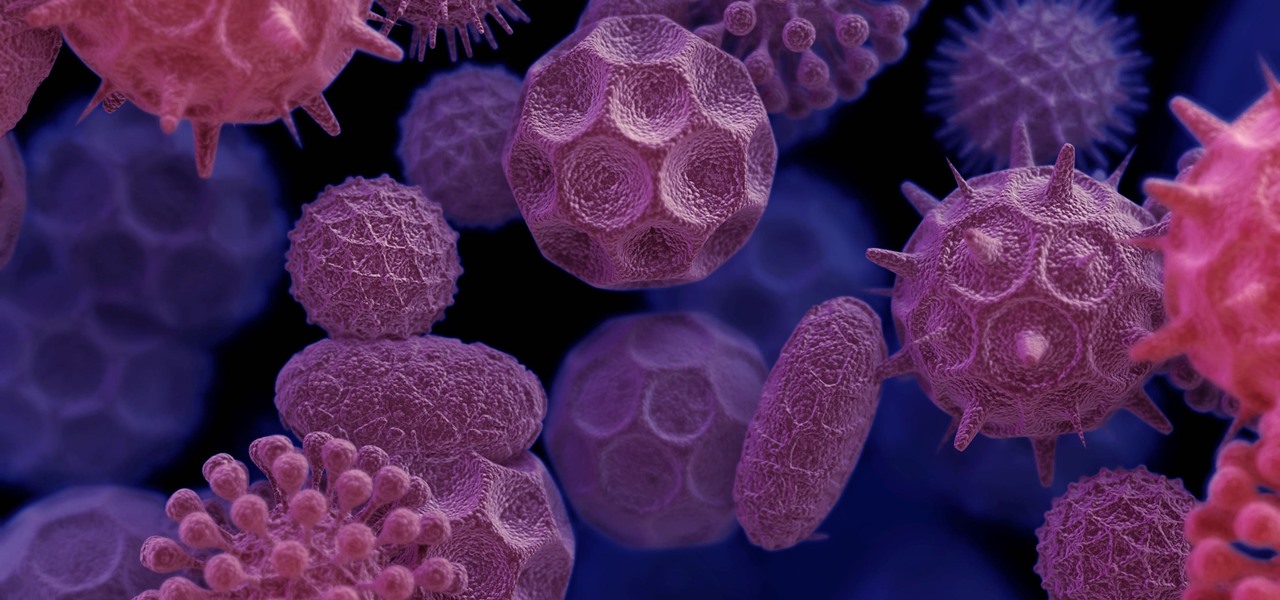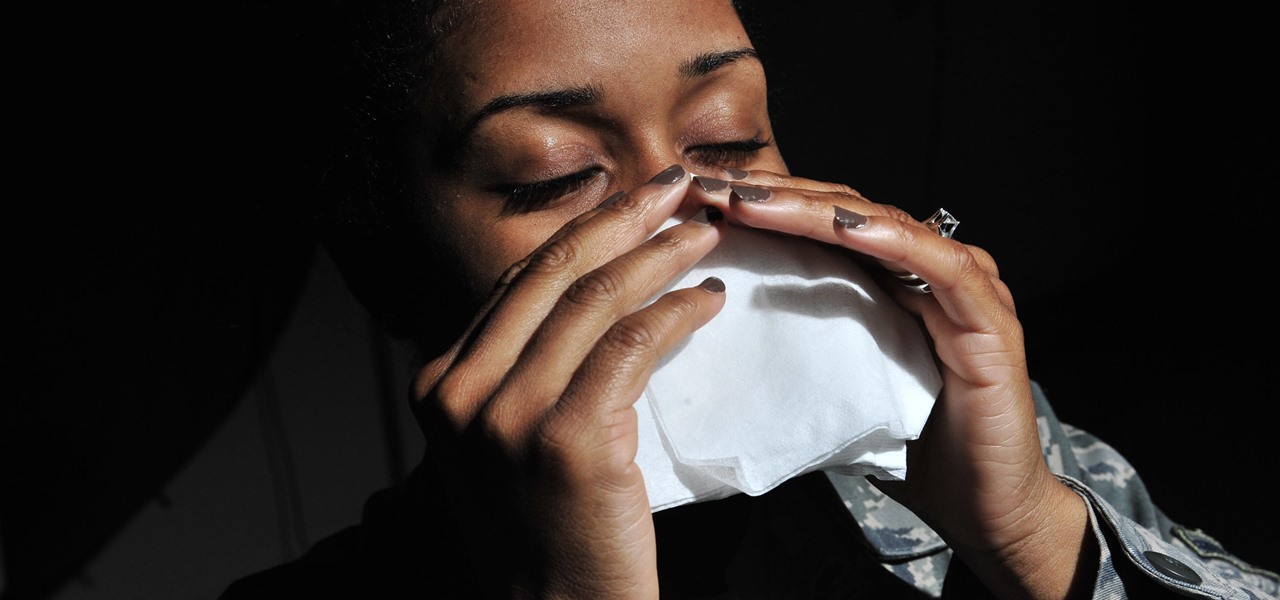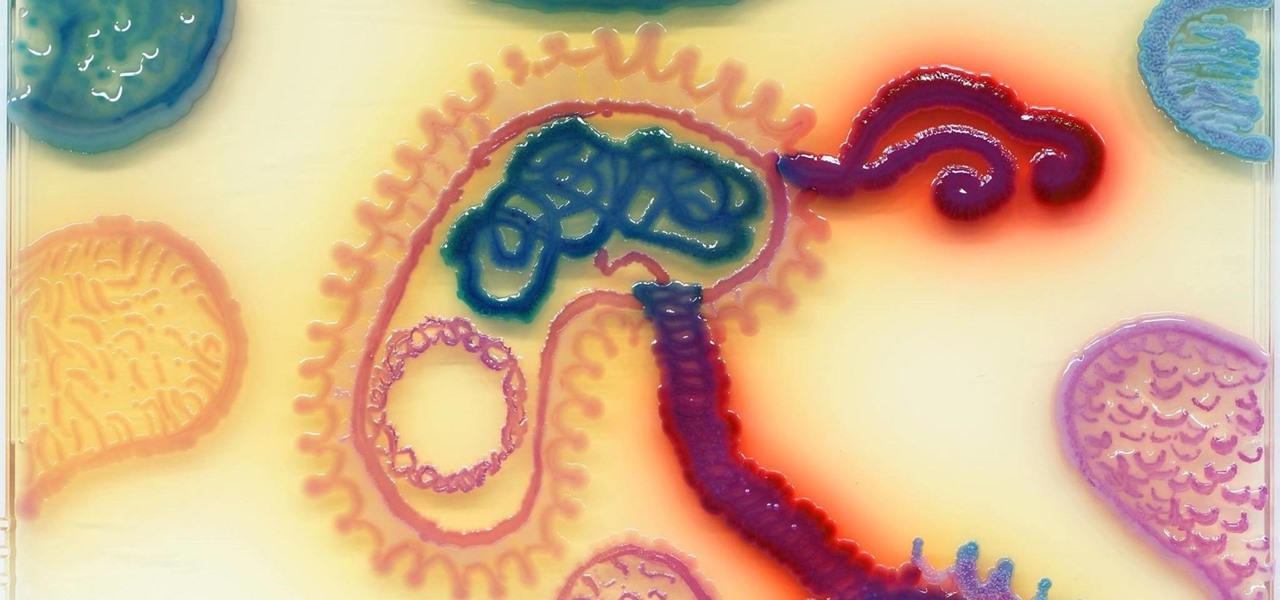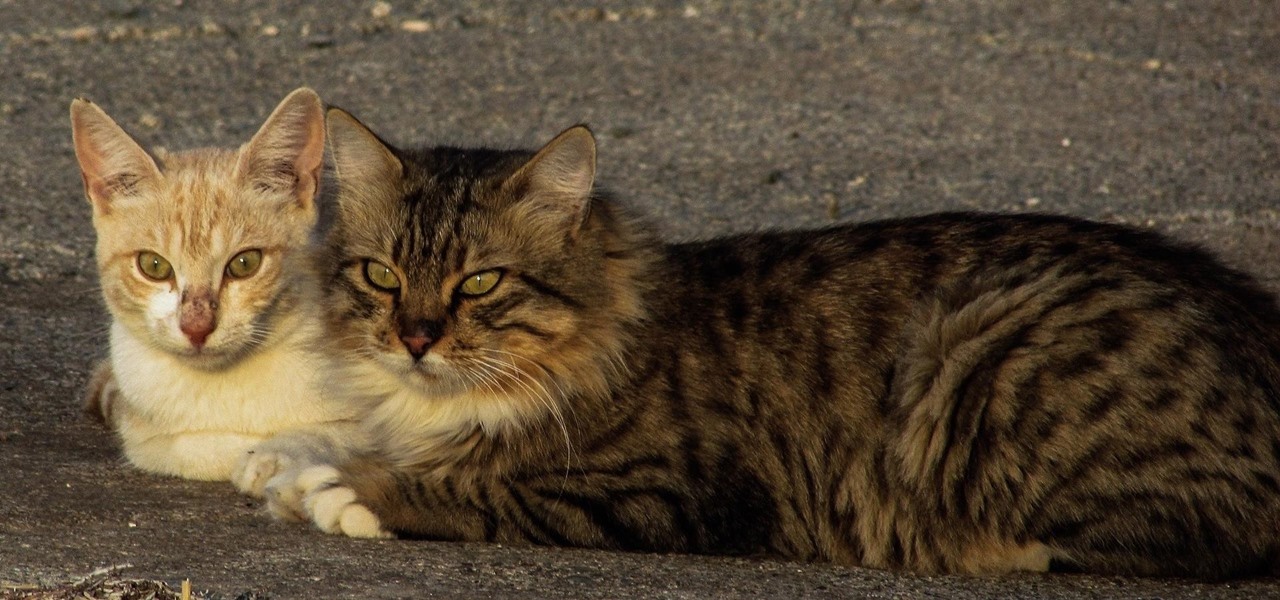Invisiverse News


News: Have a Dog? Be Careful of Rocky Mountain Spotted Fever
Dangerous to humans and dogs, Rocky Mountain Fever, along with several other tickborne infections, is on the rise.
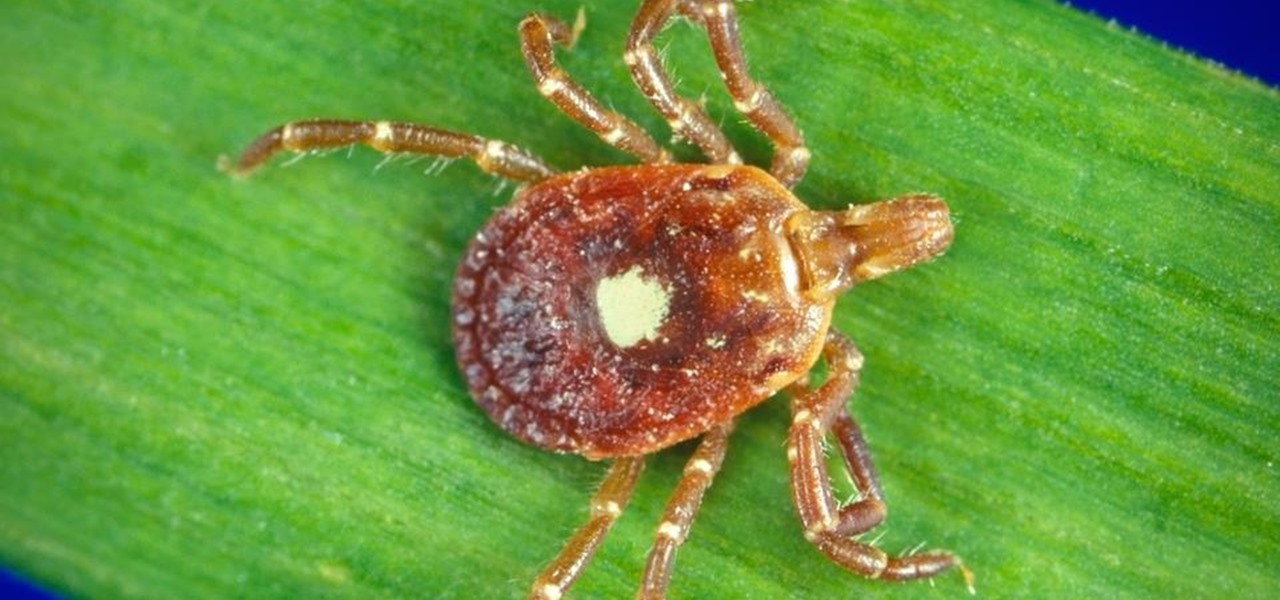
News: Lone Star Tick Arrives in Northeast with a Deadly, Underreported Infection
The possibility of severe tickborne illness is increasing as an aggressive tick from the American southeast moves up the Atlantic Coast.

News: Most Pools Contain Dangerous Fecal Bacteria — Here's How to Stay Safe
With summer just ahead, you, or your children, may be looking forward to some pool time or the water park. When planning water-based fun this year, keep a heads-up for microbes.

News: A Common Cancer-Causing Mono Virus Has a Special Trick to Hide from the Body's Defenses
Most of us have already had an encounter with the Epstein-Barr virus, or EBV, for short. As part of the herpes family, it's one of the most common disease-causing viruses in humans. We get the disease with (or without) some nasty symptoms, then we recover. However, EBV stays in our body after the illness has ended, and it's one of the few viruses known to cause cancer.

Don't Sweat It: New Workout Clothes Put Microbes to Work Keeping Us Cool & Dry
Microbial cells can improve the functionality of clothes in creative and useful ways, including cooling us down during a workout or making clothing glow for better visibility.

News: Blood Test Can Predict Severe Dengue Complications, Saving Kids' Lives
Dengue fever is a danger to anyone living or visiting tropical or subtropical regions. It can be hard to detect the infection in its earliest and most treatable phase, especially in children. Luckily, new research highlights better techniques for triaging the disease in infected children with more severe symptoms, potentially saving lives.

News: Doctors Are Saving Lives by Giving People Hep C Infected Kidneys
Dramatic new research may change the fate of the hundreds of people who wait for a kidney transplant every year. The study hinged on the ability to cure hepatitis C infections, a possibility that became a reality in 2014.
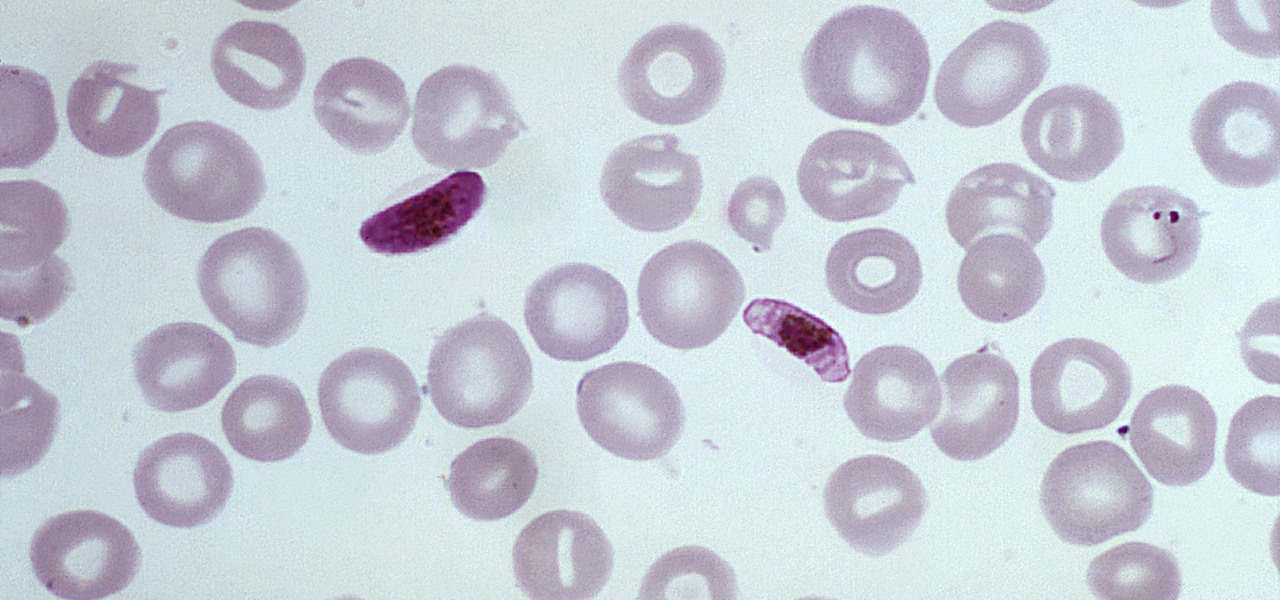
News: New, Tougher Malaria Drug Could Prevent a Half Million Deaths
The Centers for Disease Control and Prevention estimated that there were 212 million cases of malaria across the world in 2015, and 429,000 of those people died — mostly children living in Africa. Preventing and treating those infections has been a challenging world priority. That makes a new malaria drug discovery — published in Science Translational Medicine — incredibly important.

News: A Protein Found in Ticks Can Help Kill MRSA Infections
As researchers from Yale searched our environment for compounds to aid in the battle against drug-resistant bacteria, they got an unlikely assist from ticks.
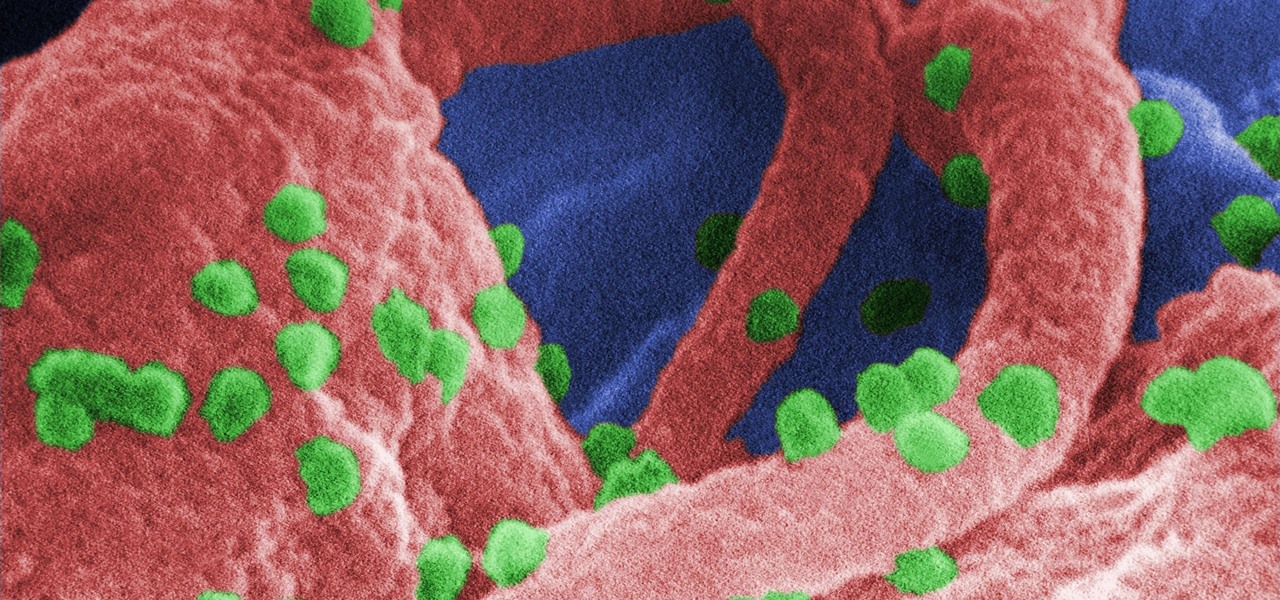
News: The Body's Own Cells Can Be Engineered to Protect Against HIV Infection
The problem with HIV is that it attacks and kills the very cells of the immune system that are supposed to protect us from infections — white blood cells. But a new technique, developed by scientists at The Scripps Research Institute (TSRI) in La Jolla, California, offers a distinct HIV-killing advantage.
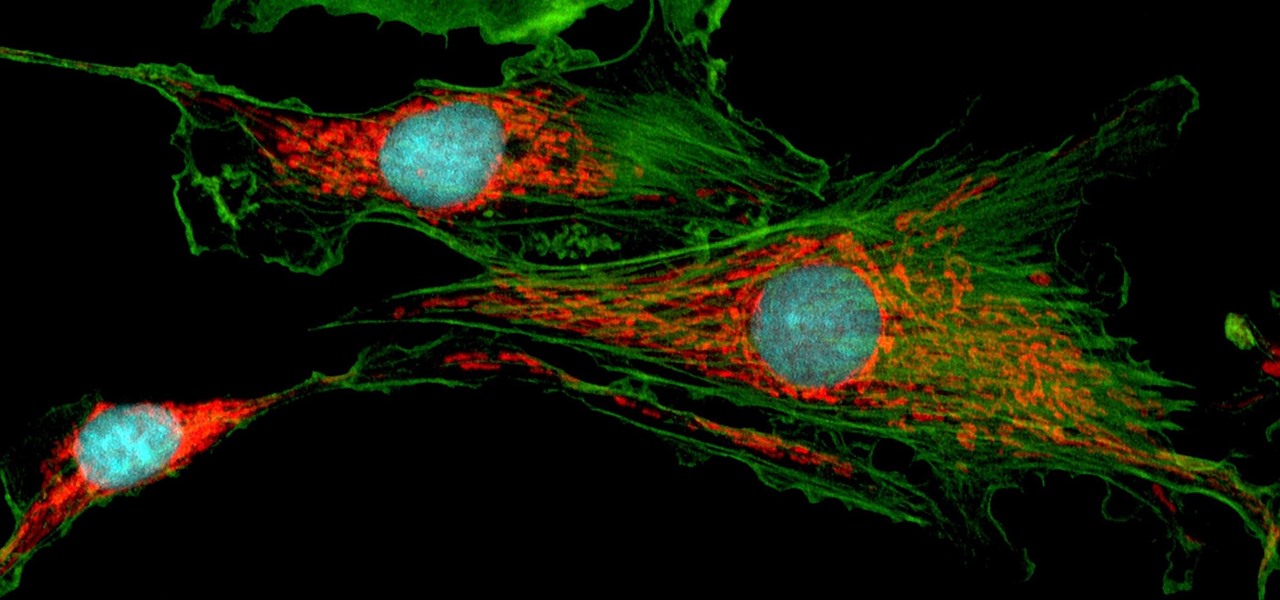
News: New Study Illuminates Role Our Cellular Powerhouses Play in Fighting Off Chlamydia Infections
Mitochondria are known as the powerhouses of our cells because they generate energy to power them. But they also play a key role in the death of cells when they're damaged, infected, stressed, no longer needed, or at the end of their life.
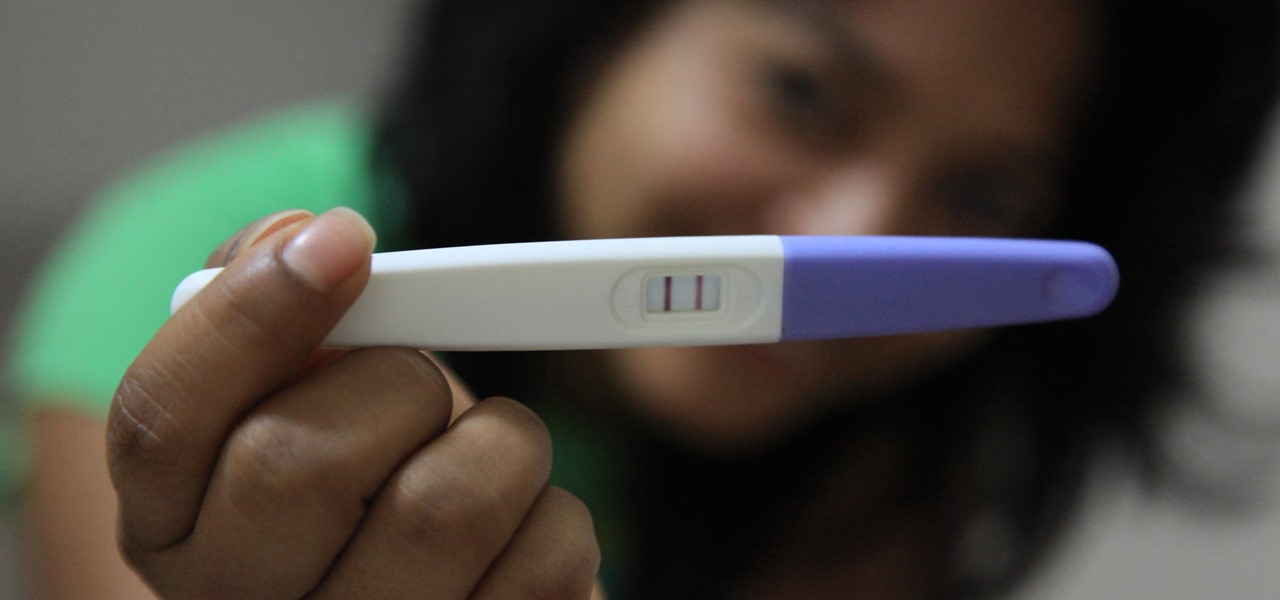
News: New Research Makes Detecting Flu as Easy as a Pregnancy Test
Could your fever, body aches, cough, and sore throat be the flu? Soon, finding out may not involve a trip to the doctor.
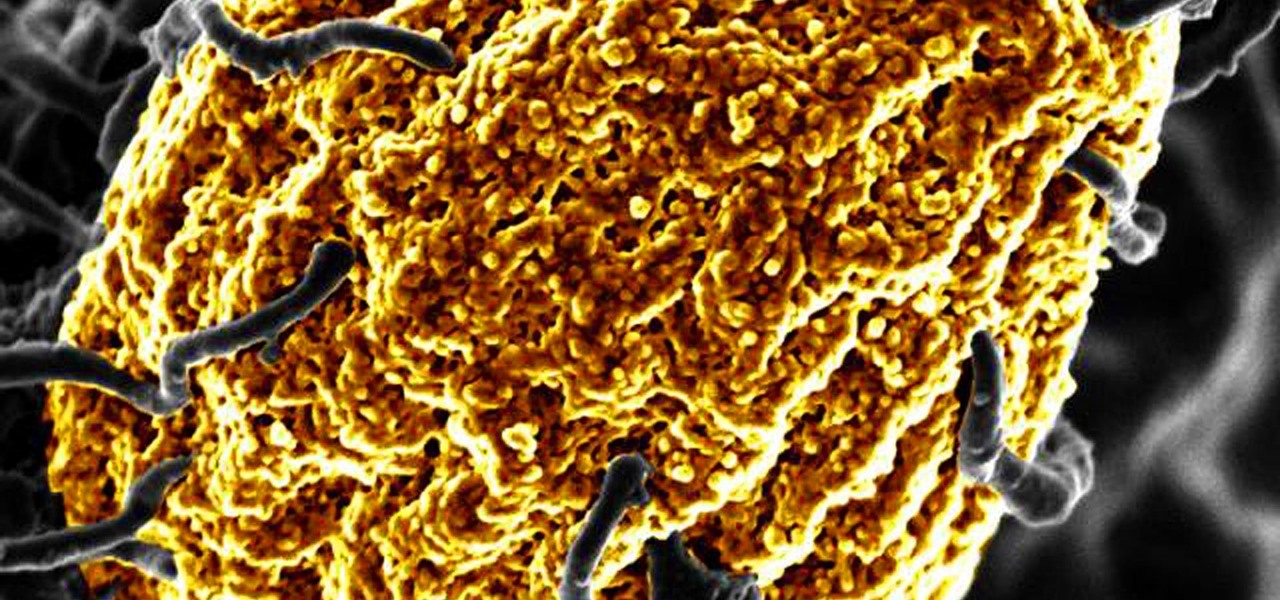
News: Scientists Surprised to Find New Defensive Role for Old Protein
Wound infections don't usually enter the blood and become systemic, spreading the infection throughout our bodies, and there's a good reason for that: Our bodies actively work to prevent it, according to research that discovered a new use for a protein first discovered decades ago.
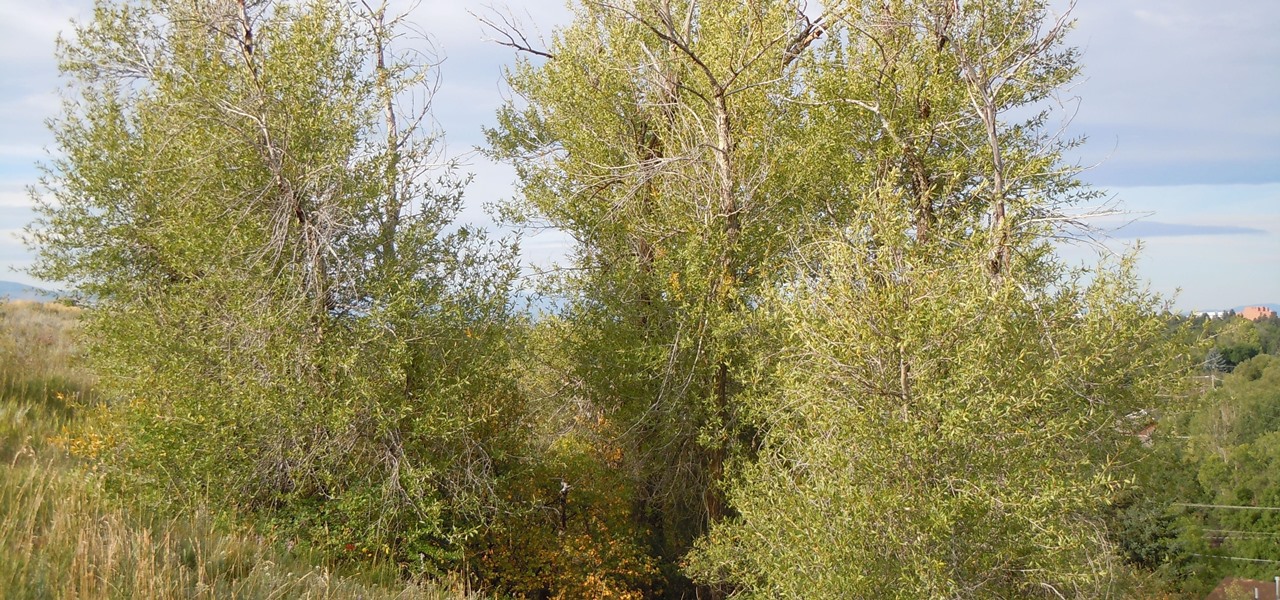
News: Microbial Conversations Lead Trees Uphill to Escape Warming Climates
The future of forests looks dreary in the face of a warming climate, but scientists are exploring the relationship between soil microbes and the ability of trees to move to higher altitudes, a key component of their survival.
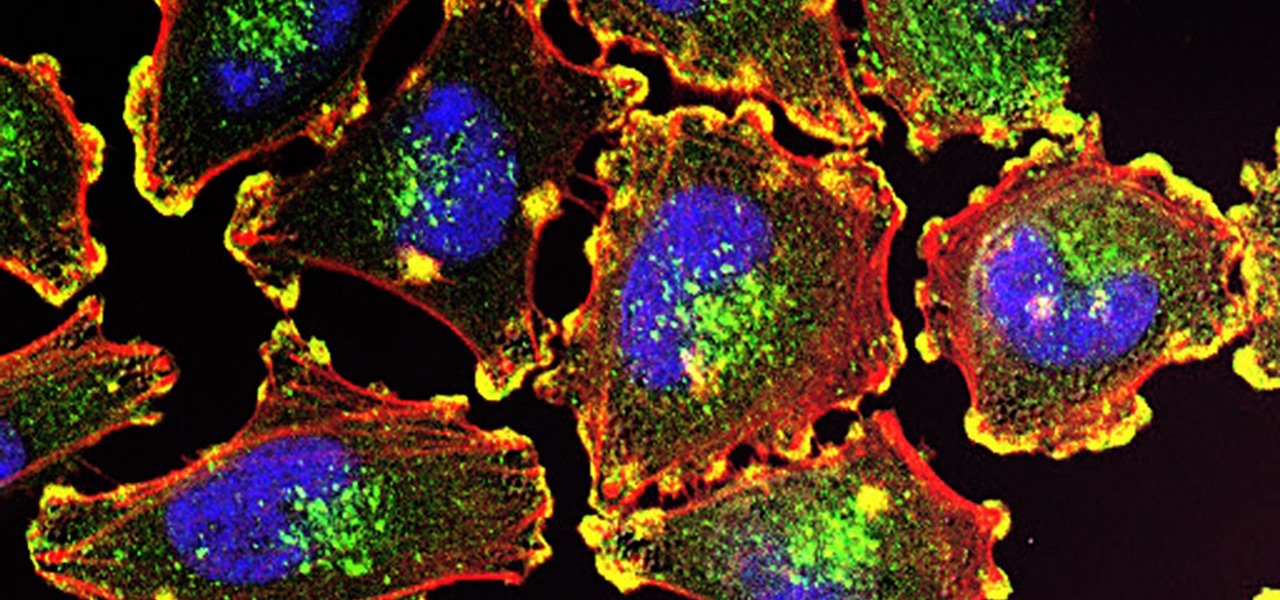
News: A Double Punch of Viruses & Immunotherapy Could Improve Outcomes for Cancer Patients
Activating the body's own immune system to fight cancer is the goal of immunotherapy. It's less toxic than chemotherapy and works with our body's natural defenses. The trouble is, it doesn't work for most patients — only about 40% of cancer patients get a good response from immunotherapy. But coupling it with another type of cancer therapy just might deliver the punch that's needed to knock out cancer.

News: Hybrid Molecule Delivers 1-2 Punch to Find & Attack Nasty Staph Bacteria
Drug-resistant bacteria have made curing some infections challenging, if not nearly impossible. By 2050, it's estimated that 10 million people will be dying annually from infections with antibiotic-resistant organisms.
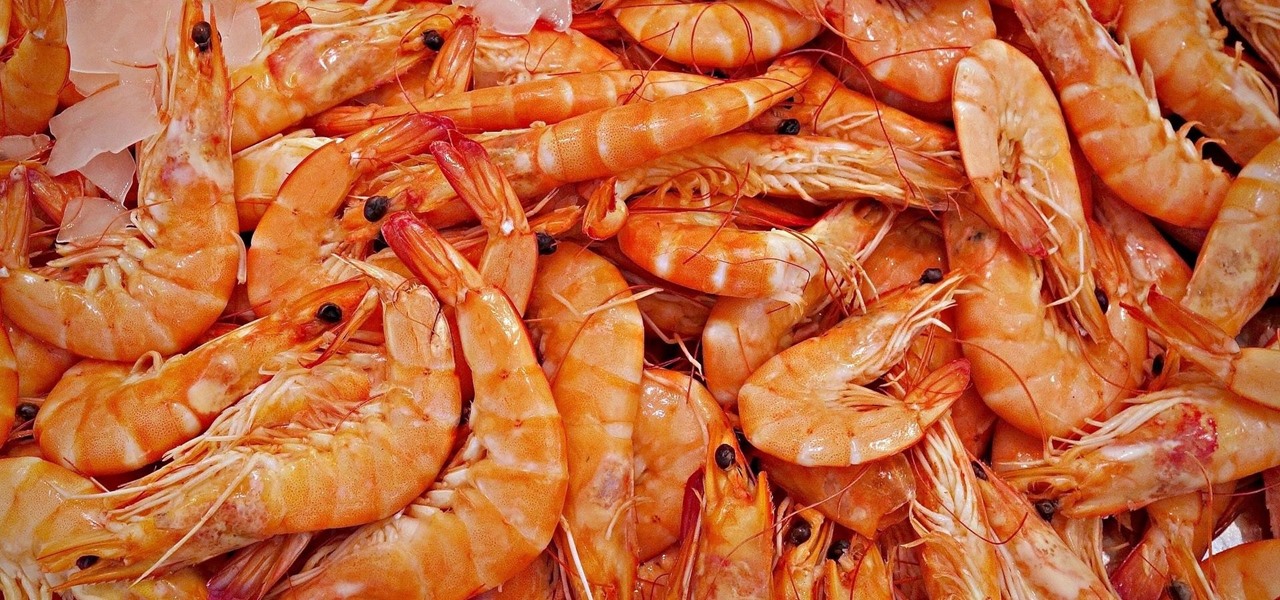
News: Bandages Made of Recycled Shrimp Shells Fight Infections & Stop Bleeding
An innovative new wound dressing has been developed by a research team at Lodz University of Technology in Poland that uses crustacean shells to create a bandage that packs an antimicrobial punch — and even more potential to help solve a global problem.
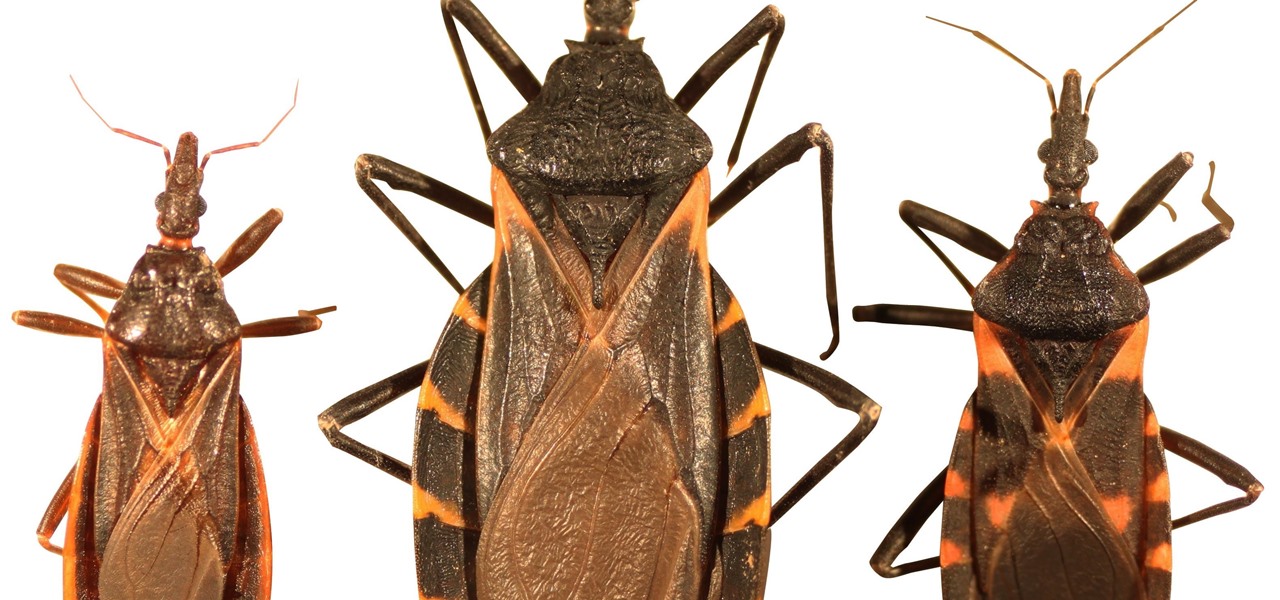
News: Heart-Damaging 'Kissing Bug' Parasite Infects Thousands a Year in the US — & You May Not Know Until It's Too Late
Take a close look at the image above. These bugs spread a deadly parasite that infects thousands of people each year. They also live in the US, and it's important to know where they are and whether you need to worry that they're carrying a dangerous infection.
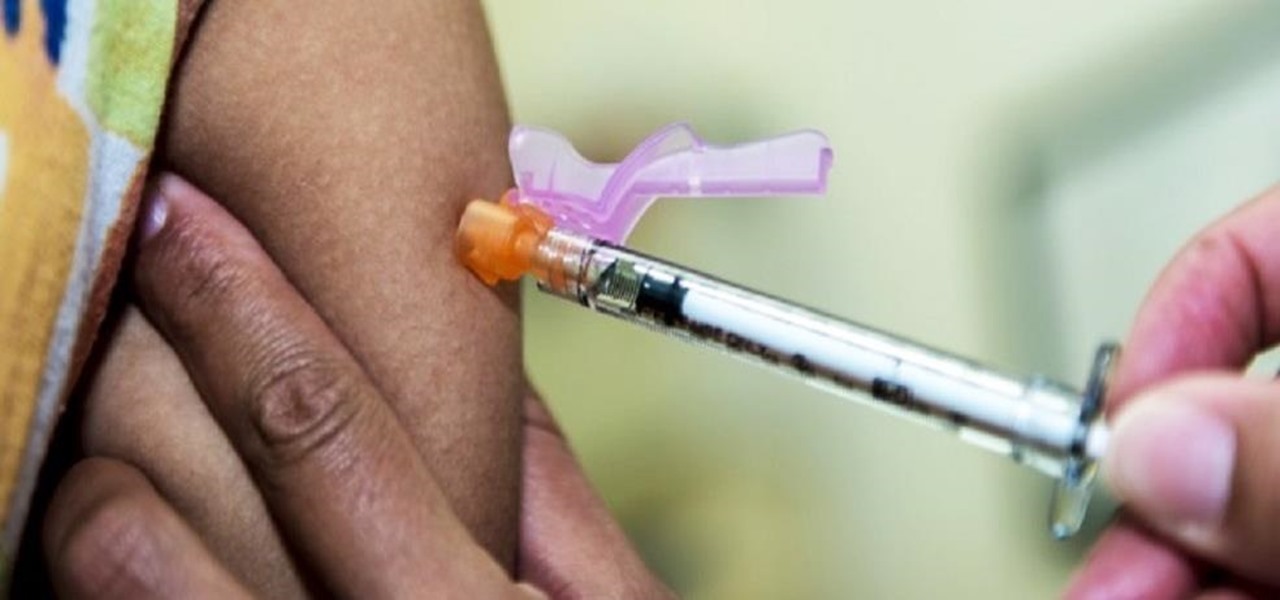
News: Ebola Survivor May Hold Key to Curing All Types of Ebola Infections
Even though the Ebola virus was discovered as recently as 1976, over 30,000 people have been infected since, and half have died a horrible death. Since there's no way to cure the infection, the world desperately needs a way to prevent it — and the five similar viruses in its family, the ebolaviruses.
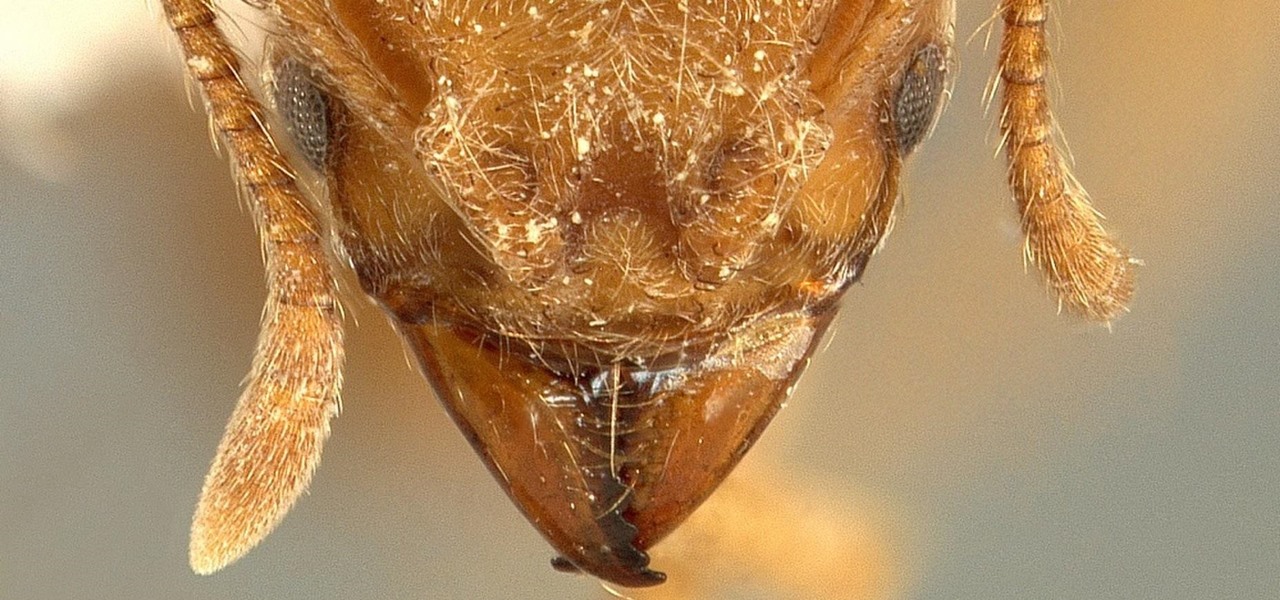
News: Rocking 'Radiohead' Ant Farms Fungus for a Living — & It Might Help Fight Superbugs
Long admired for their active and cooperative community behavior, some types of ants also wear a gardening hat. Nurturing underground fungus gardens, these ants have a win-win relationship that provides food for both ants and fungi. If we humans understand it better, it may just help us out, too.

News: One Way Climate Change May Cut Animal Lives Short — Messing with Gut Microbes
As headlines focus on melting glaciers and rising water levels caused by global warming, climate change is quietly taking its toll on the nearly invisible occupants of this planet, the microbes.
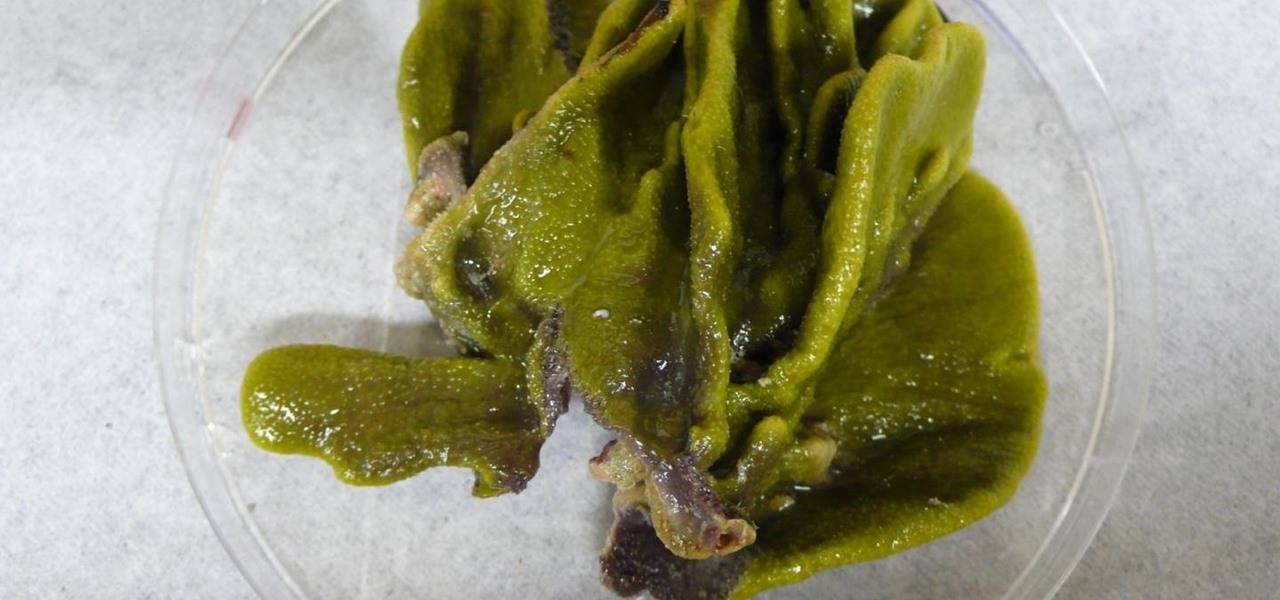
News: Scientists Find an Unusual Reason for Toxic Ocean Contamination
We've worked hard to reduce the flow of toxic chemicals into our waterways, which means no more DDT and other bad actors to pollute or destroy wildlife and our health. But one observation has been plaguing scientists for decades: Why are large quantities of one toxic chemical still found in the world's oceans?

News You Can Use: Map Shows Where Dogs & Humans Are at High Risk of Lyme Disease This Summer
Lyme is a growing threat as we move into warmer weather in the US. Researchers have said this year could be one of the worst for this tick-borne disease, as a skyrocketing mouse population and warmer temperatures increase the risk.

News: Rare Superbug Found in More Than One-Third of Houston Methodist Patients
The bacteria Klebsiella pneumoniae is a bad actor known for being antibiotic-resistant and causing a variety of serious infections in hospitals, including pneumonia, surgical site wounds, and meningitis. K. pneumoniae is something you do not want to encounter if you have a compromised immune system.

The Good Stuff: Breastfeeding Delivers Beneficial Bacteria to Baby
Breastfeeding is the ultimate in farm-to-table dining. It is sustenance prepared just for the baby and delivered with a very personal touch. Along with bonding, breastfeeding provides powerful protection to infants and young children in the form of beneficial bacteria, hormones, vitamins, protein, sugar, and antibodies manufactured on site to support infant health.
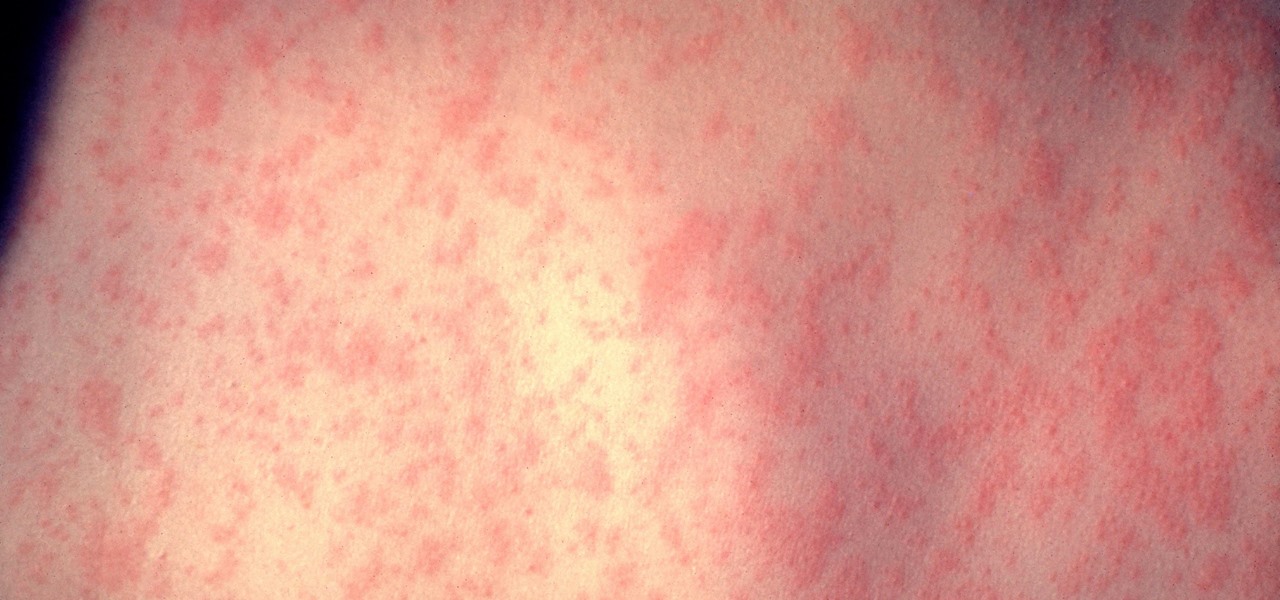
News: To Stop Local Measles Outbreaks, International Travelers Need to Get Vaccinated — But Only 47% Do
In the worst measles outbreak in the state since 1990, the Minneapolis Department of Heath races to contain the spread of an infection believed to have originated from an infected traveler. Mistaken attitudes and unvaccinated travelers are creating a world of hurt and disease for Americans. A recent study found that more than half of eligible travelers from the US are electing to skip their pre-trip measles vaccine.

News: Scientists Are Using Targeted Light to Help the Immune System Track Down Tumors
We fight cancer in a variety of ways, but no matter whether drugs, biologics, or our immune cells are part of the battle, they can do a better job fighting back cancer if we can help them find the tumors.
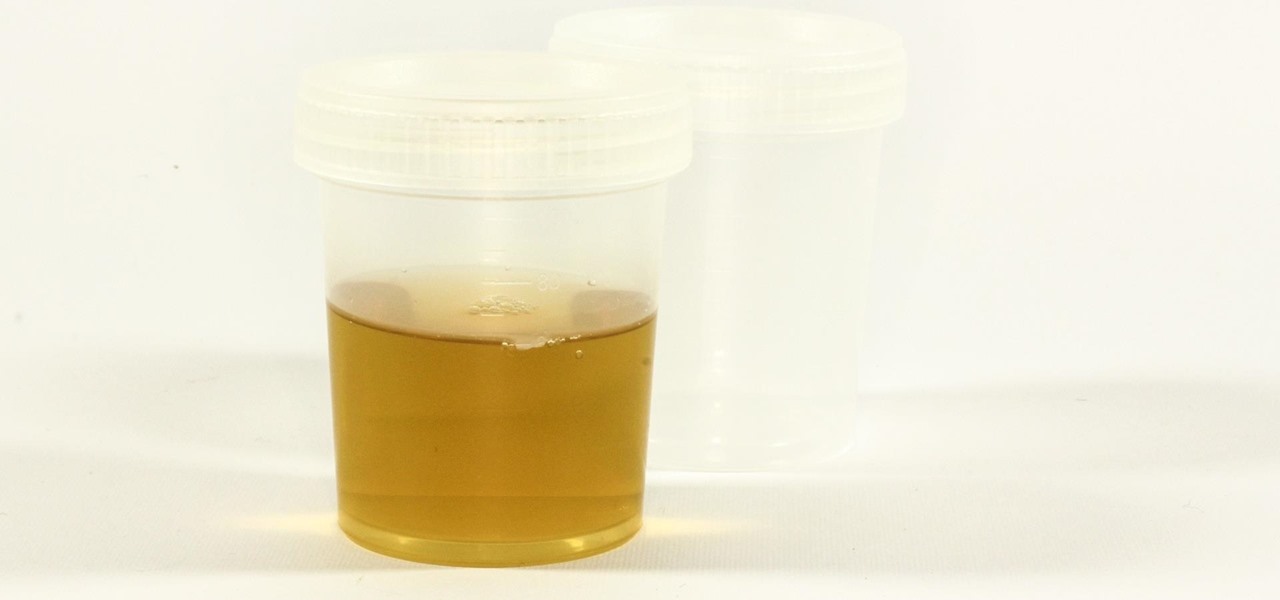
News: Standard Testing Frequently Misses UTIs — But Now We Have a Better Way
Have you ever had a burning sensation when you urinate? Low fever, back pain, and maybe cloudy urine? Male or female, it could have been a urinary tract infection. If it lasted long enough, the chances are good you went to the doctor for help. For about 20% of women, standard testing for a UTI does not reveal the presence of infection-causing bacteria, even though bacteria may be causing their symptoms. Well, a new test may provide better answers.
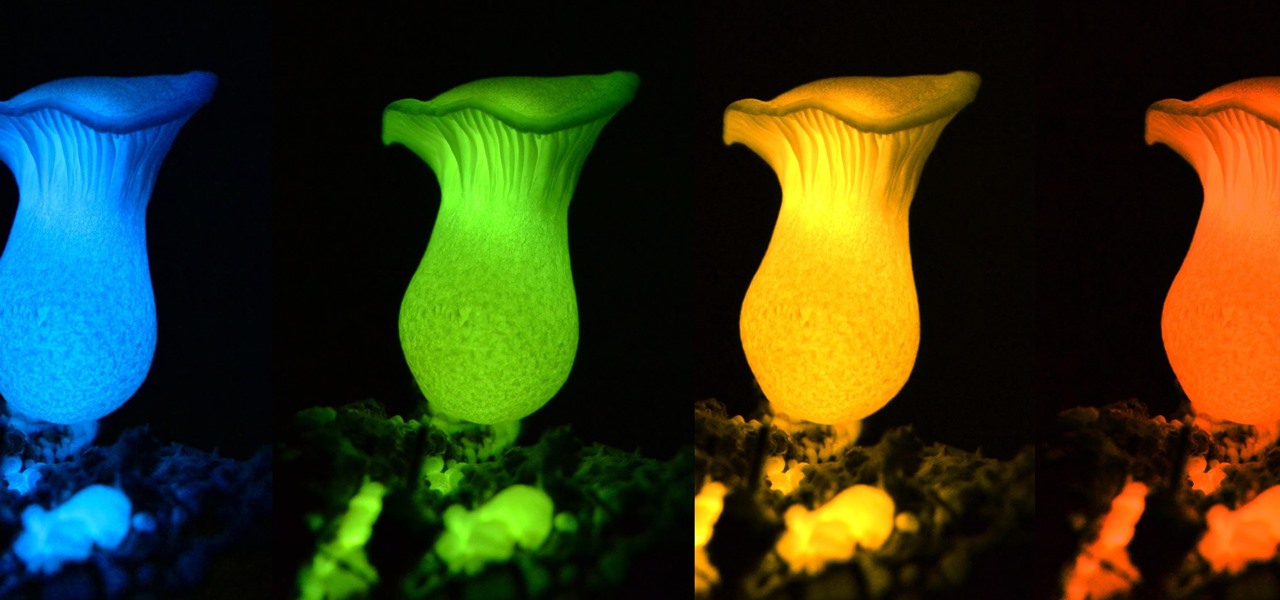
News: We've Finally Figured Out Why Some Mushrooms Glow
Bioluminescence — the ability of an organism to produce and emit light — is nature's light show. Plants, insects, fish, and bacteria do it, and scientists understand how. Until now, though, we didn't know how fungi glow.

News: Antibiotics During Pregnancy Linked to Miscarriage
As if being pregnant did not come with enough worry, a new study found that certain antibiotics are linked to an increased risk of spontaneous abortion, or miscarriage — a terrifying finding for any expectant mother.

News: Dogs Could Be Spreading Antibiotic-Resistant Infections to Their Owners
Our canine best friends could spread our bacterial worst nightmare, according to a recent study. The problem with drug-resistant bacteria is well known. Overused, poorly used, and naturally adaptive bacteria clearly have us outnumbered. As science drives hard to find alternative drugs, therapies, and options to treat increasingly resistant infections, humans are treading water, hoping our drugs of last resort work until we figure out better strategies.

News: Bacteria-Killing Viruses Can Help Us Take Down Superbugs
Fighting fire with fire, scientists are harnessing the adaptability of helpful microbes to challenge the adaptability of deadly microbes. What are we talking about? Hunting with phages — viruses that attack and kill bacteria.
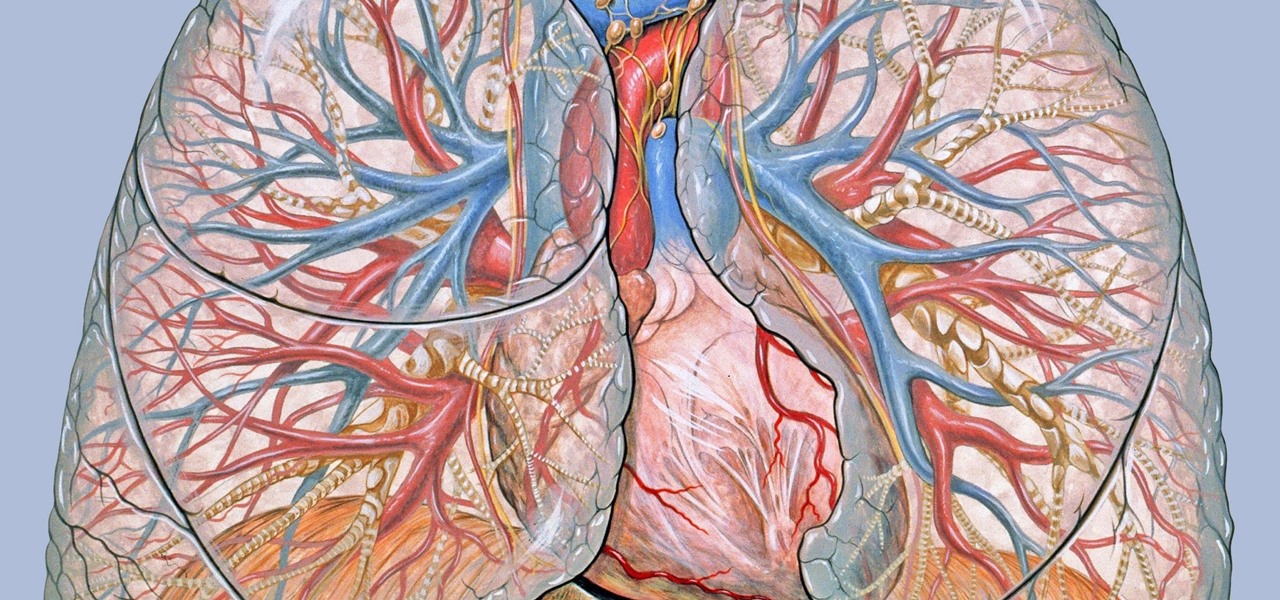
News: Neutrophil Fast Squad Are First Responders to Bacterial Lung Invaders
The body's usual response to a bacterial infection in the blood — called sepsis — takes time. It requires a carefully orchestrated sequence of events that gets the body's immune system ramped up to deal with the invading bacteria.
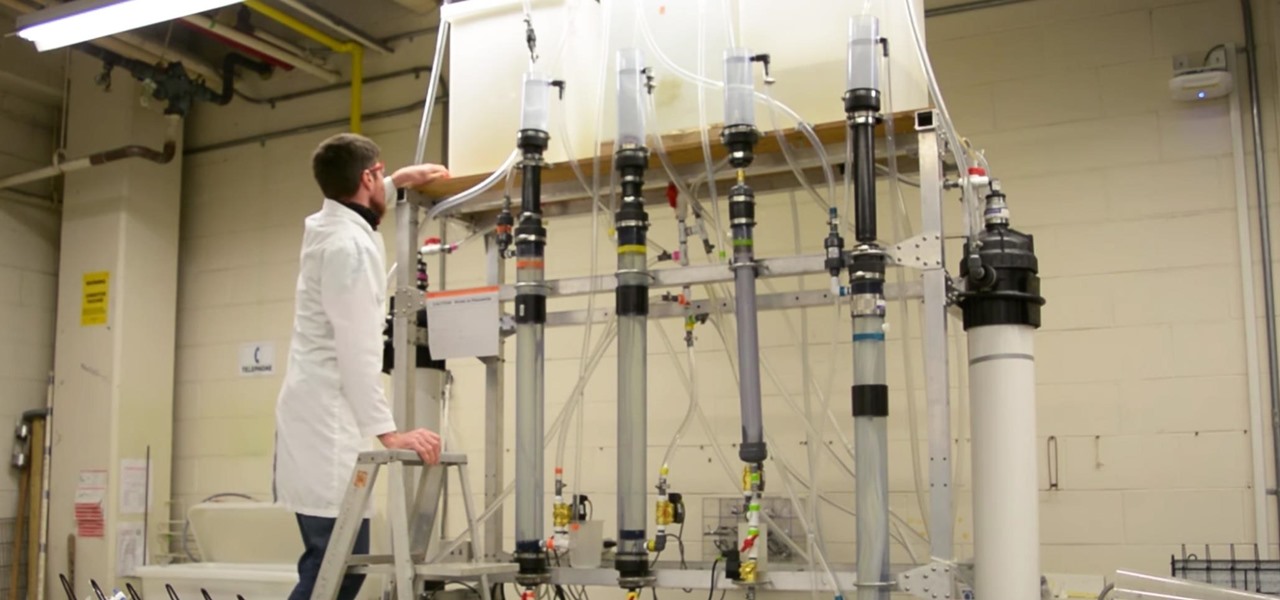
News: Bacteria Offer Low-Cost, High-Quality Help to Clean Drinking Water
Water makes up about 60% of your body weight. Whether you like it plain, flavored, bubbly, or in beverages or food, we all need water daily to avoid dehydration and stay healthy. For communities in need of clean drinking water, new research using bacteria may offer a simplified, lower-cost method for boosting potable water supplies.

News: 4 Billion Year Old 'Fossil' Genes May Be Our Secret Weapon Against Infection
The evolution of our infection-fighting systems may have something to teach modern scientists. That's what a group from the University of Granada in Spain found when they studied a protein that's been around for over four billion years. Their work, by senior author José Sánchez-Ruiz and colleagues in the Department of Physical Chemistry, was published in the journal Cell Reports.
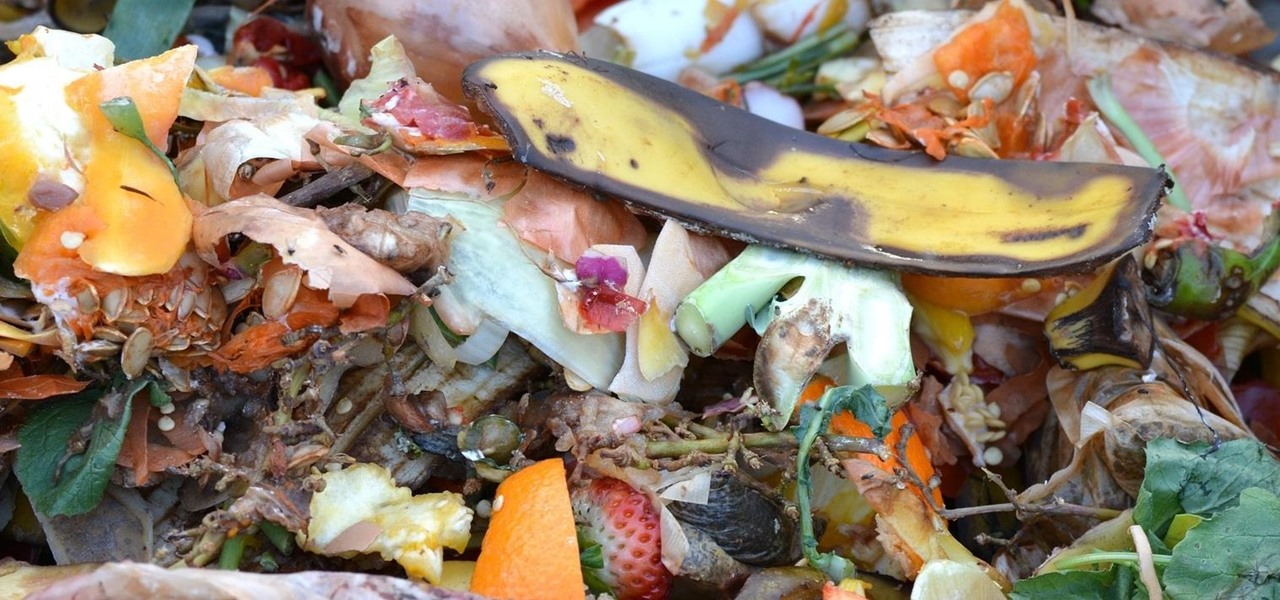
Soil Science: How Microbes Make Compost to Feed the Soil
Are you looking for a little microbe magic? Think composting. Composting is a great way to reuse food and plant waste that you would otherwise throw into the trash, which would just end up in a landfill somewhere. During the composting cycle, microbes reduce this organic waste until it can be fed back into the soil as rich, crumbly compost. When returned to the soil, compost feeds plants and improves the nature of life underground. Sound like a great idea? It is — and it's easy.

News: Dogs Provide Surprising Benefit to Infants' Gut Bacteria
For many of us, pets are important family members. They give us loyalty, companionship, and comfort. Now, researchers have given us another reason to welcome them into the family: Babies from families with furry pets — the majority of which were dogs — had higher levels of two types of beneficial gut bacteria.

News: How a Vaccine Could Protect Florida's Orange Trees
A disease called "citrus greening" has devastated and permanently altered citrus production in the United States, but a vaccine that could protect orange trees may be part of a winning strategy to beat the bacteria that is killing the trees.

News: Kids' Snot Provides Unlikely Path for Superbugs to Move from Farm to Community
The noses of kids who live in areas of intense pig farming may harbor antibiotic-resistant bacteria, presumably acquired from the animals, according to a new study by scientists at the Johns Hopkins Bloomberg School of Public Health, UNC Gillings School of Global Public Health, and Statens Serum Institut in Denmark, published in Environmental Health Perspectives.

News: Living Bacteria in Clothing Could Detect When You Come in Contact with Pathogens or Dangerous Chemicals
While at work, you notice your gloves changing color, and you know immediately that you've come in contact with dangerous chemicals. Bandages on a patient signal the presence of unseen, drug-resistant microbes. These are ideas that might have once seemed futuristic but are becoming a reality as researchers move forward with technology to use living bacteria in cloth to detect pathogens, pollutants, and particulates that endanger our lives.
